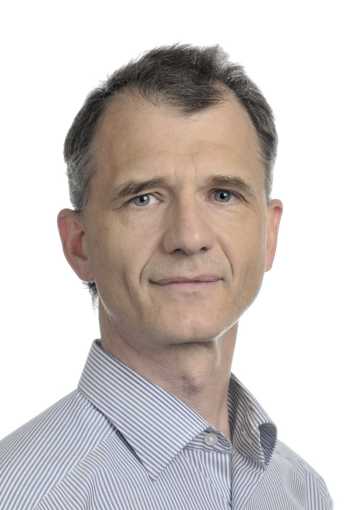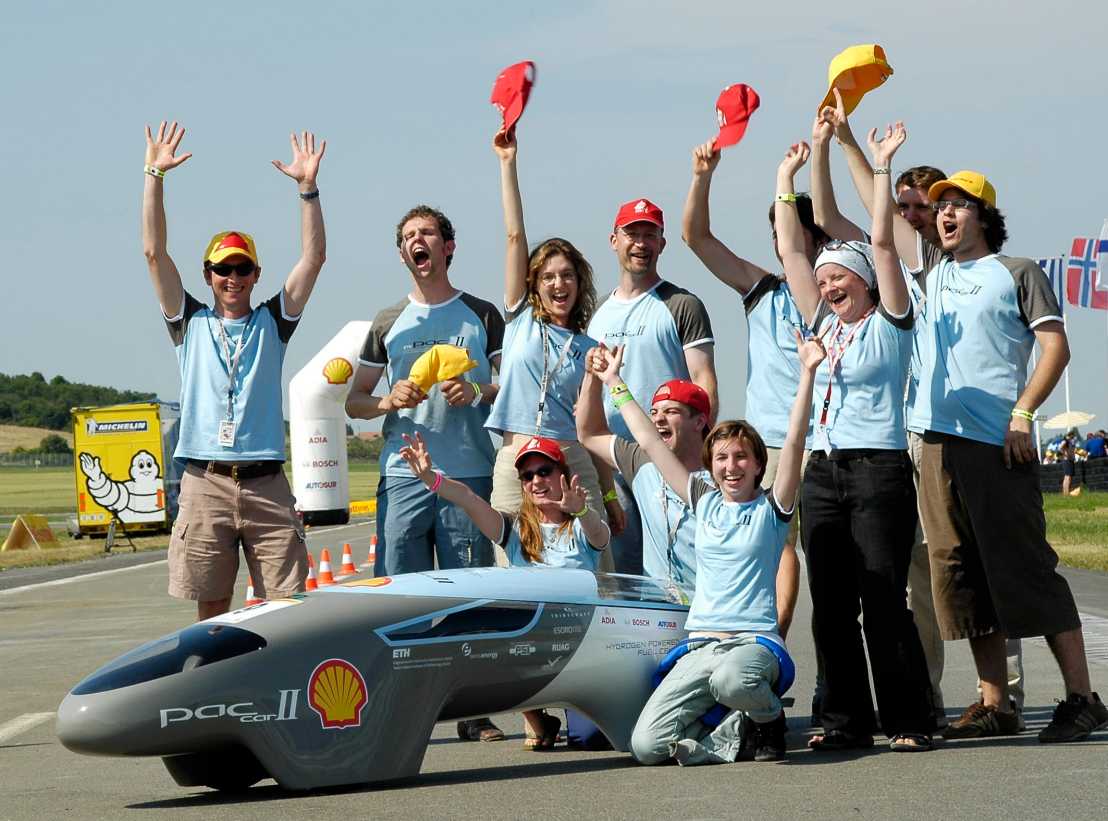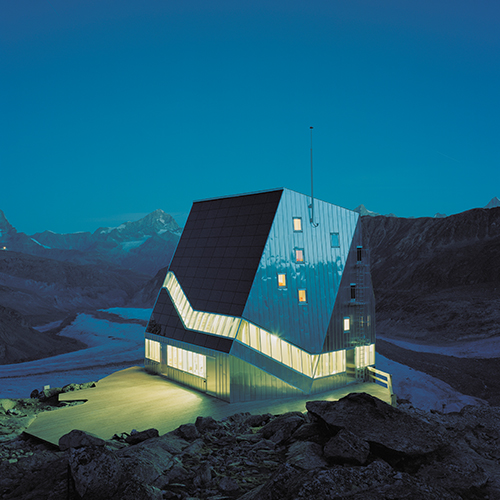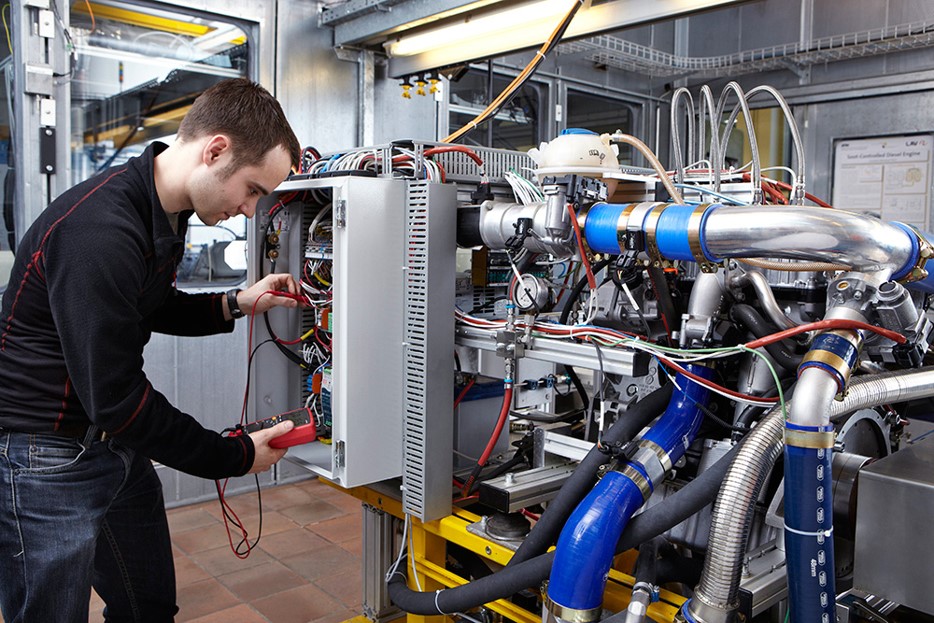Research Onder

From internal combustion engines and hybrid electric vehicles to "smart" buildings and even the human body – research in dynamics and control is crucial to the efficient monitoring, control and design of complex systems. Based on first principles in mathematics and physics, we bring a model-based approach to a wide range of environmental, commercial, social, and biomedical design challenges.
In our research (find a list of research projects here), we focus on the topics of control-oriented modeling, dynamic optimization and the design of feedback control systems. Our primary objective is to combine scientific depth with relevant engineering applications. In close collaboration with our industrial partners, we aim to bridge the gap between theory and real-world problems.

Historically, our research focused on automotive applications, i.e., internal combustion engines and vehicle propulsion systems. Early achievements were for example the very precise air-to-fuel ratio control for gasoline engines that was the enabler for very low pollutant emissions. Our extensive contributions to this field are summarized in our monographs external page vehicle propulsion systems and external page engine systems and are are taught in our corresponding two engineering master's lectures vehicle propulsion systems and engine systems which we teach during the fall term every year. We then extended our research to include vehicles as a whole in order to show how their energy demand can be reduced by intelligent control. For the PacCarII team, dynamic optimization was crucial for setting the Guinness World Record of the most fuel-efficient vehicle. Later, we applied similar ideas to the control and design optimization of complete vehicle powertrains, and in particular of hybrid electric vehicles.

While continuing to work in the area of automotive applications, we opened up our research interests to the fields of building technology and biomedical engineering. The autarkic Monte Rosa Hut was the perfect test bed for the optimal energy management algorithms that we originally developed for hybrid electric vehicles. Other topics were the integration of buildings into smart grid system and the optimal design of solar collector panels. Our research on biomedical systems started with a project on the modeling of intracranial and cerebrospinal fluid dynamics. The research aimed at conducting basic research necessary for the subsequent development of a smart shunt device for the treatment of normal pressure hydrocephalus. In another project we focused on new control strategies for ventricular assist devices and their interaction with the human heart.

After Lino Guzzella was elected president of ETH Zürich and left the Institute for Dynamic Systems and Control in 2013, we decided to focus our research back on our core competences in the area of automotive applications. The majority of our doctoral students are now working on internal combustion engine systems. On our four highly dynamic engine testbeds they investigate gasoline, Diesel and compressed natural gas engines, as well as the corresponding exhaust gas aftertreatment systems. We also pursue the development of new high efficiency engine concepts, such as the highly dynamic pneumatic boost engine and the diesel ignited natural gas engine with ultra-low CO2 emissions. Finally, some of our doctoral students do research on the topic of optimal control of hybrid electric vehicles, as in the SwissTrolley plus project and in the Formula 1 Powertrain project.